PRESIDENT PUTIN: ISRAEL is the main VICTOR amid the events in SYRIA
President Putin: Israel Emerges as the Main Victor Amid the Events in Syria
In a bold statement that has captured the attention of the international community, Russian President Vladimir Putin recently declared that Israel has emerged as the main victor in the complex and ongoing events in Syria. This assertion, coming from the leader of Russia—a key ally of Syria’s Bashar al-Assad—has sparked widespread debate and scrutiny. Putin’s comment sheds light on the intricate and multifaceted nature of the Syrian conflict, Israel’s growing influence in the region, and the evolving dynamics of international politics in the Middle East.
The Syrian Conflict: A Regional Power Struggle
The Syrian Civil War, which began in 2011, has been a brutal and multifaceted conflict involving various regional and international powers. The war has seen the involvement of both state and non-state actors, each with their own interests and agendas. On one side is the regime of Syrian President Bashar al-Assad, backed by Russia and Iran. On the other side, opposition groups and rebel forces, initially supported by Western powers and regional states like Turkey, have sought to overthrow Assad’s government.
Over the course of the war, Israel has carefully navigated its position, generally staying on the sidelines in terms of direct military involvement, but exerting significant influence through airstrikes, diplomatic efforts, and its strategic alliances. Israel’s primary concern has always been security, particularly the growing presence of Iranian-backed forces near its borders, and the potential for a more direct confrontation with Hezbollah, the Lebanese militant group supported by Iran.
While Israel has not publicly taken sides in the Syrian conflict, its military actions have been aimed at curbing the influence of its arch-enemies, Iran and Hezbollah, both of which have established a stronger foothold in Syria during the course of the war. Israel has repeatedly carried out airstrikes on military facilities in Syria that are believed to be linked to Iranian weapons shipments to Hezbollah. Additionally, Israel has expressed concern over the establishment of Iranian military bases in Syria, which it sees as a direct threat to its security.
Putin’s acknowledgment of Israel as a victor in this context suggests that Israel has managed to shape the outcome of the conflict in ways that align with its national security interests, despite the chaotic and destructive nature of the war.
Israel’s Strategic Goals in Syria
Israel’s objectives in Syria have always been clear and focused on preventing the establishment of an Iranian military presence near its borders. Iran’s involvement in Syria, both through its own forces and through proxy groups like Hezbollah, has been a significant point of tension between Israel and its regional adversaries. The fear is that Iran would use Syria as a launchpad for attacks against Israel or use the territory to further arm and support Hezbollah.
Throughout the Syrian Civil War, Israel’s primary concern has been ensuring that the Syrian Golan Heights—an area strategically significant for both military and political reasons—remains under Israeli control. The Golan Heights, which Israel captured from Syria in the 1967 Six-Day War, overlooks northern Israel and is critical for its security. In recent years, tensions have risen along the border, particularly as Iranian forces and their allies have set up positions in the region.
Israel’s airstrikes in Syria have been targeted with precision, striking Iranian military assets and Hezbollah infrastructure without directly engaging in the war on the ground. These air raids have been carried out with the approval and, at times, coordination with Russia, which has maintained its military presence in Syria in support of Assad’s regime. Despite this collaboration, Israel and Russia have occasionally had differences, particularly when Israel’s military actions have intersected with Russian operations.
Putin’s remark about Israel’s victory suggests that, in a broader geopolitical sense, Israel has successfully prevented the expansion of Iranian influence in Syria while maintaining its security interests. In a conflict marked by shifting alliances and complex rivalries, Israel’s consistent efforts to target Iranian assets without directly destabilizing the situation have allowed it to secure a strategic advantage.
Russia’s Role and Putin’s Comment
Vladimir Putin’s comment also highlights the shifting power dynamics in Syria and Russia’s role as both a mediator and an enabler in the conflict. Russia has been a staunch ally of Syrian President Bashar al-Assad, providing crucial military support that has allowed the Syrian regime to survive against opposition forces and regain control of much of the country. Through its military intervention, including airstrikes and ground forces, Russia helped tip the scales in Assad’s favor, effectively ensuring his regime’s survival.
However, Putin’s acknowledgment of Israel’s role in the Syrian conflict underlines the delicate balancing act Russia must perform in the region. While Russia and Israel have had a complicated history, with Russia maintaining good relations with Israel and its allies in the Middle East, it has also been deeply involved in Syria, supporting Assad and his allies, including Iran. The Russian military presence in Syria has meant that it has had to manage Israel’s security concerns while also ensuring that its own interests in Syria remain intact.
In his statement, Putin may be signaling an understanding that, despite the overall success of Assad’s forces in regaining control over much of the country, Israel has managed to secure its national security interests, which was a key objective of its military strategy. Israel’s ability to prevent a greater Iranian presence in Syria—despite Russia’s alliance with Iran—can be seen as a significant victory in the broader context of the Syrian conflict.
Geopolitical Implications and Israel’s Influence
Putin’s comment also draws attention to the larger geopolitical picture in the Middle East. Israel, under Prime Minister Benjamin Netanyahu and now with Prime Minister Yair Lapid, has taken a more assertive role in shaping the region’s security architecture. Over the past few years, Israel has deepened its relations with various Arab states, including the United Arab Emirates (UAE), Bahrain, and Morocco, through the Abraham Accords, which were brokered by the United States in 2020. These agreements marked a significant shift in the Middle East, with several Arab nations recognizing Israel and opening diplomatic and economic relations.
Israel’s growing influence in the region, combined with its strategic military actions in Syria, has allowed it to maintain its security interests without being directly drawn into the Syrian conflict. The Syrian war, with its shifting alliances and power struggles, has been an opportunity for Israel to assert its dominance in the region, and its success in limiting Iranian influence in Syria is a testament to its strategic acumen.
From a geopolitical standpoint, Putin’s statement that Israel is the “main victor” in Syria highlights a changing order in the region, where Israel, despite not being directly involved in the conflict, has managed to shape the outcome in a way that ensures its security while others, including Russia, are focused on broader objectives. This not only positions Israel as a key player in Middle Eastern geopolitics but also signals the growing complexity of alliances in the region.
Israel’s Security: The Ultimate Victory
At the heart of President Putin’s statement is the recognition that Israel has successfully safeguarded its national security objectives amidst the turmoil of the Syrian Civil War. Israel’s main priority has always been preventing Iranian entrenchment on its borders, particularly in southern Syria, and it has done so effectively through targeted airstrikes and intelligence operations. While Israel has largely stayed out of the direct fighting, it has actively shaped the conflict to its advantage, reinforcing its position as a dominant regional power.
Although the situation in Syria remains fluid, with the conflict still ongoing and involving a wide array of actors, it is clear that Israel’s strategy of precision and caution has paid off. By leveraging its military capabilities and diplomatic relationships, Israel has ensured that its national security concerns were addressed, despite the regional upheaval. This calculated approach has allowed Israel to come out as a winner in a conflict that has caused immense destruction across Syria and altered the Middle Eastern geopolitical landscape.
Conclusion: Israel’s Strategic Victory in Syria
Putin’s assertion that Israel is the main victor amid the events in Syria serves as a powerful reminder of the complex geopolitical landscape in the Middle East. Despite being largely absent from the on-the-ground fighting, Israel has successfully navigated the conflict to safeguard its national interests, particularly by limiting the Iranian military presence near its borders. This achievement, in Putin’s eyes, signifies a strategic victory for Israel, even as the Syrian conflict continues to unfold with no clear resolution in sight.
As the situation in Syria evolves and the region’s power dynamics shift, Israel’s ability to maintain its security through careful military action and diplomatic maneuvering will continue to be a critical factor in its role as a dominant player in Middle Eastern geopolitics.
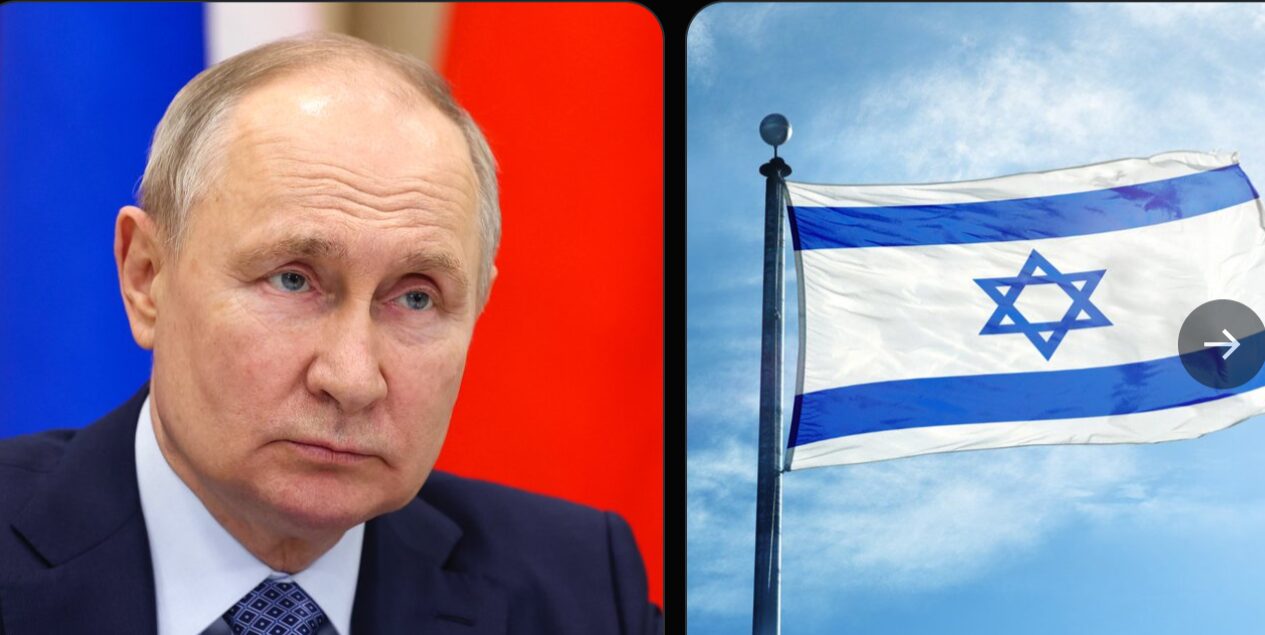
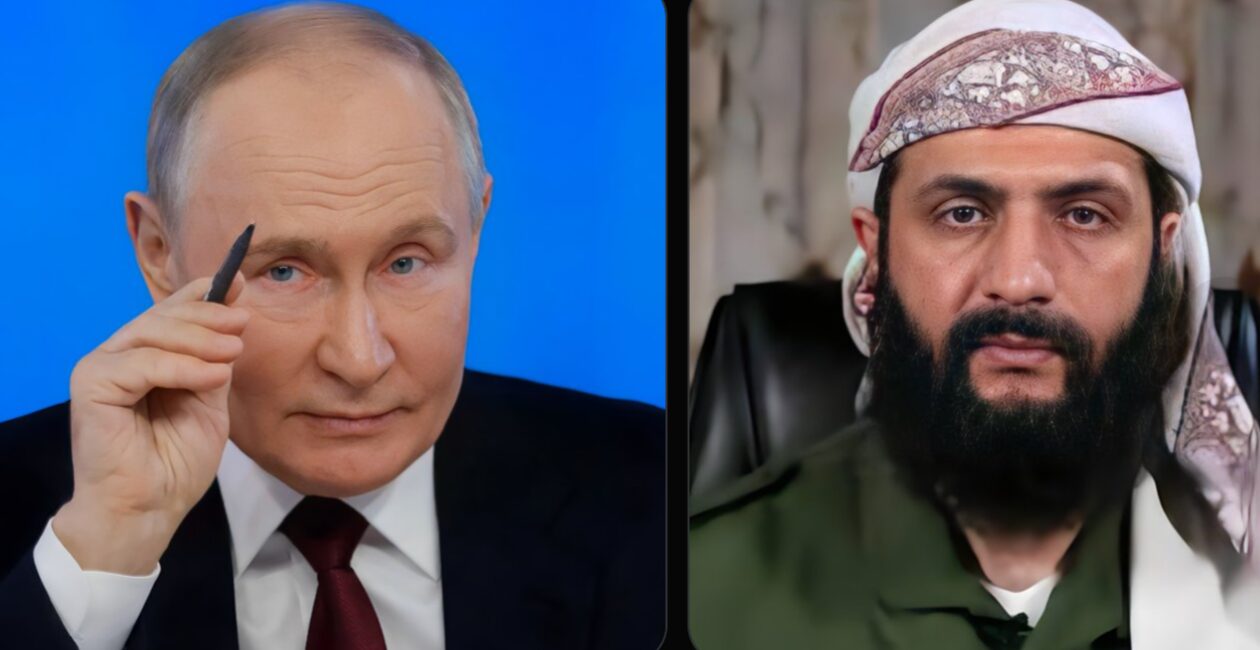


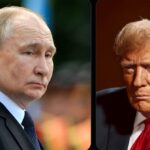

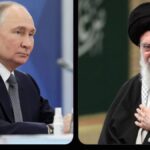
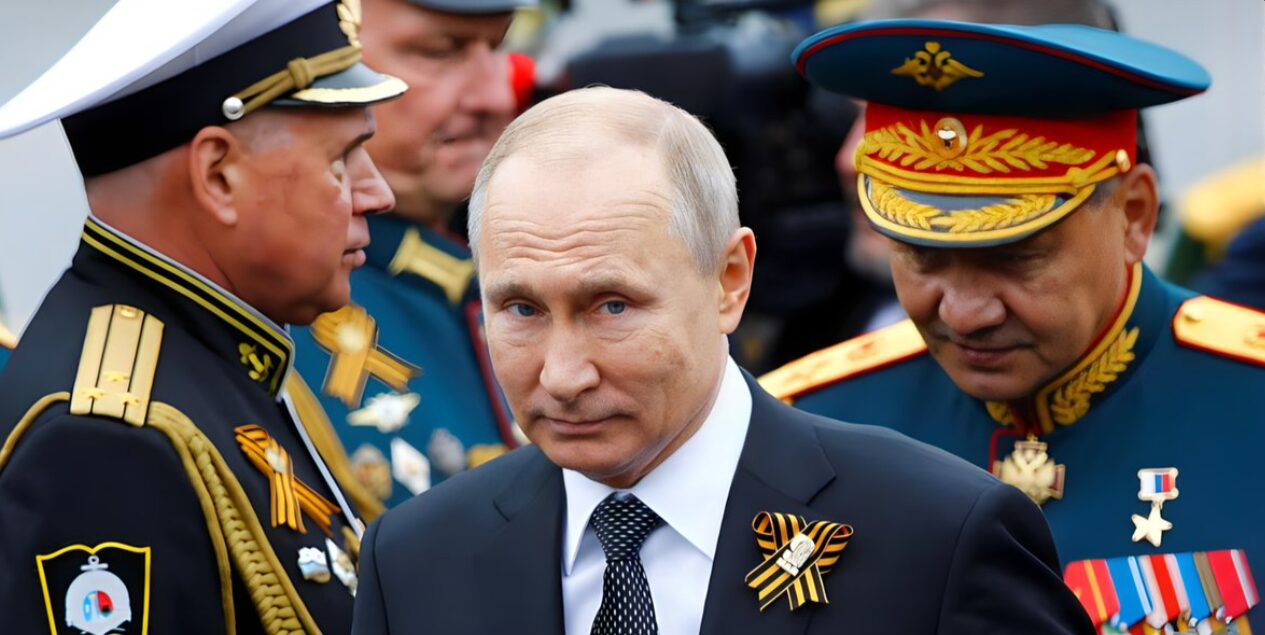









Post Comment